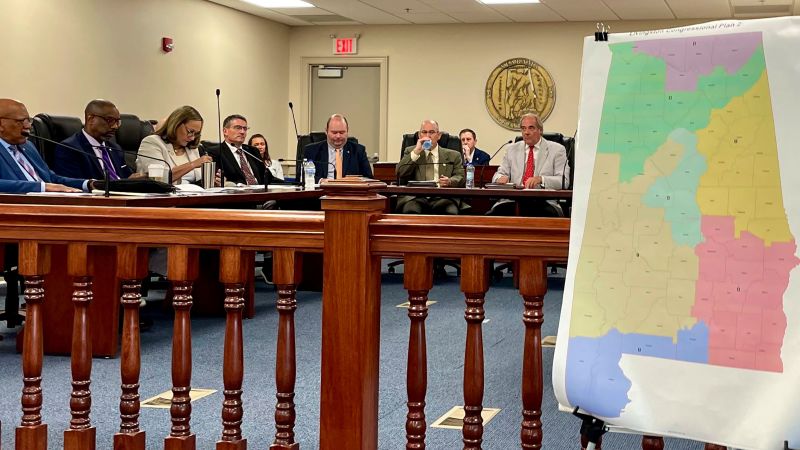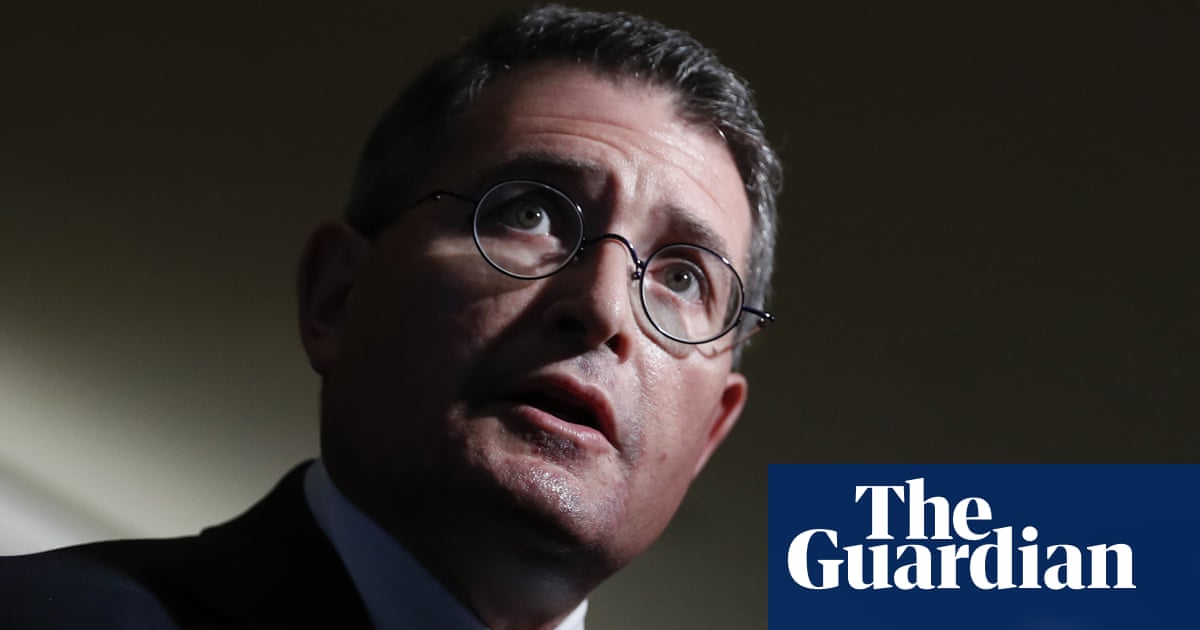With the increased scrutiny due to recent revelations in the press I thought maybe we can use a SCOTUS thread. We can discuss the impending Senate investigation and the legislation proposed today by Murkowski and King in the Senate that will formalize ethical guidelines.
We can also use this thread to highlight cases that possibly don’t deserve their own thread, like the following.
I saw this case today, and I cannot believe the US Government is allowed to do this. Unreasonable search and seizure? The examples he gives in the rest of the thread are just sickening:
We can also use this thread to highlight cases that possibly don’t deserve their own thread, like the following.
I saw this case today, and I cannot believe the US Government is allowed to do this. Unreasonable search and seizure? The examples he gives in the rest of the thread are just sickening:









